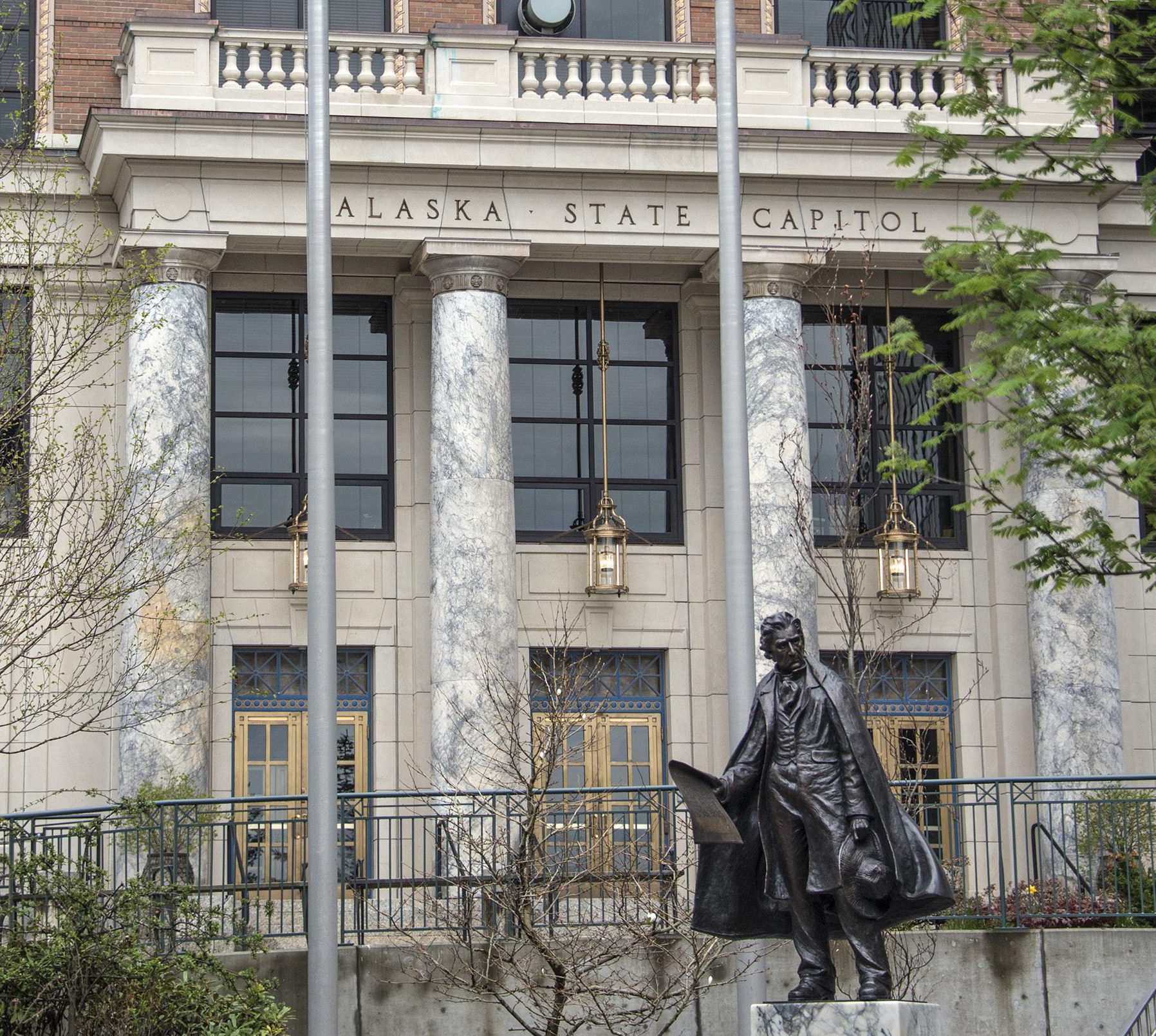Voters in Juneau, Alaska, will decide on three local ballot measures on Oct. 7, 2025, including two citizen-initiated measures and a referred measure to implement a new seasonal sales tax rate.
Currently, the sales tax rate in Juneau is 5% year-round—this includes a permanent 1% sales tax, a temporary 3% sales tax, and another temporary 1% sales tax. Proposition 3, which was placed on the ballot by the City and Borough of Juneau Assembly, would repeal both the permanent 1% sales tax and the temporary 3% sales tax, replacing it with two seasonal rates—a 2% sales tax October 1 through March 31 and a 6.5% sales tax April 1 through September 30. This means that the total sales tax Juneau residents would pay would be 3% from October through March, and 7.5% from April through September.
A seasonal sales tax, or a fluctuating sales tax, is a sales tax rate that changes depending on the time of year. It is sometimes used by municipalities to charge higher rates during busy tourist months and a lower rate in the off-season for residents.
Juneau Assemblymember Neil Steininger spoke in support of Proposition 3, saying, "We have a lot of out-of-town visitors, and we have a lot of economic activity from non-residents in the summer. It allows us to shift some of that tax burden away from residents, making it even more affordable for individual residents in Juneau."
Proposition 3 was placed on the ballot in response to Propositions 1 and 2, which Juneau voters will also be deciding on Oct. 7. Proposition 1 would decrease the property tax limit in Juneau, and Proposition 2 would create a sales and use tax exemption for food and non-commercial utilities. According to Assemblymember Christine Woll, if voters approve Propositions 1 and 2, the city would face a revenue shortfall, and Proposition 3 is intended to offset that by shifting more of the tax burden to tourists. She said, "The seasonal sales tax basically will make up for that $9 to $12 million revenue loss by shifting the tax burden from residents to our summer visitors."
Both Woll and Steininger spoke in support of Propositions 2 and 3 together, but said that only voting on Proposition 2 without voting on 3 would create a reduction in city revenue. They said, “Voting yes on both Proposition 2 and Proposition 3 would reduce the cost of living in Juneau by exempting food and utilities from city sales tax and implementing a seasonal sales tax that changes the current 5% sales tax rate to 3% in the winter and 7.5% in the summer. These changes, as a whole, would create a progressive tax structure that most benefits our lower-income residents and ensure that we preserve the parks, pools, libraries, and other services that make Juneau such a vibrant community … Voting yes on Proposition 2 without voting yes on Proposition 3 would result in an enormous reduction in city revenue that would lead to significant cuts to many of the things that we know Juneauites love about our community.”
However, the Affordable Juneau Coalition, the organization that worked to place Propositions 1 and 2 on the ballot, disagrees and is opposing Proposition 3. Angela Rodell, treasurer of the Affordable Juneau Coalition, said, “It needs to go back to the drawing board. They need to do a better job about defining how it’s going to help the residents of this community.”
The Greater Juneau Chamber of Commerce also spoke out against Proposition 3, saying it would negatively impact industries such as construction, which operate during the summer, when the sales tax would be greater, and could be complicated for businesses. In a statement, they said, “Chamber members noted that having to alternate between two tax rates each year would add significant operational costs for businesses, requiring point-of-sale changes, accounting adjustments, and billing modifications. These impacts would be particularly challenging for merchants selling services as opposed to goods. While the augmented seasonal tax would affect all businesses, it would especially impact the construction, mining, recreation, and visitor industries, which are essential to Juneau’s economic health and well being.”
Six other Alaska municipalities have a seasonal sales tax. For most municipalities, the 'on-season,' when tourists are likelier to visit, is from April to September, and the 'off-season' is from October to March.

Voters will decide on all three propositions on Oct. 7, 2025.



